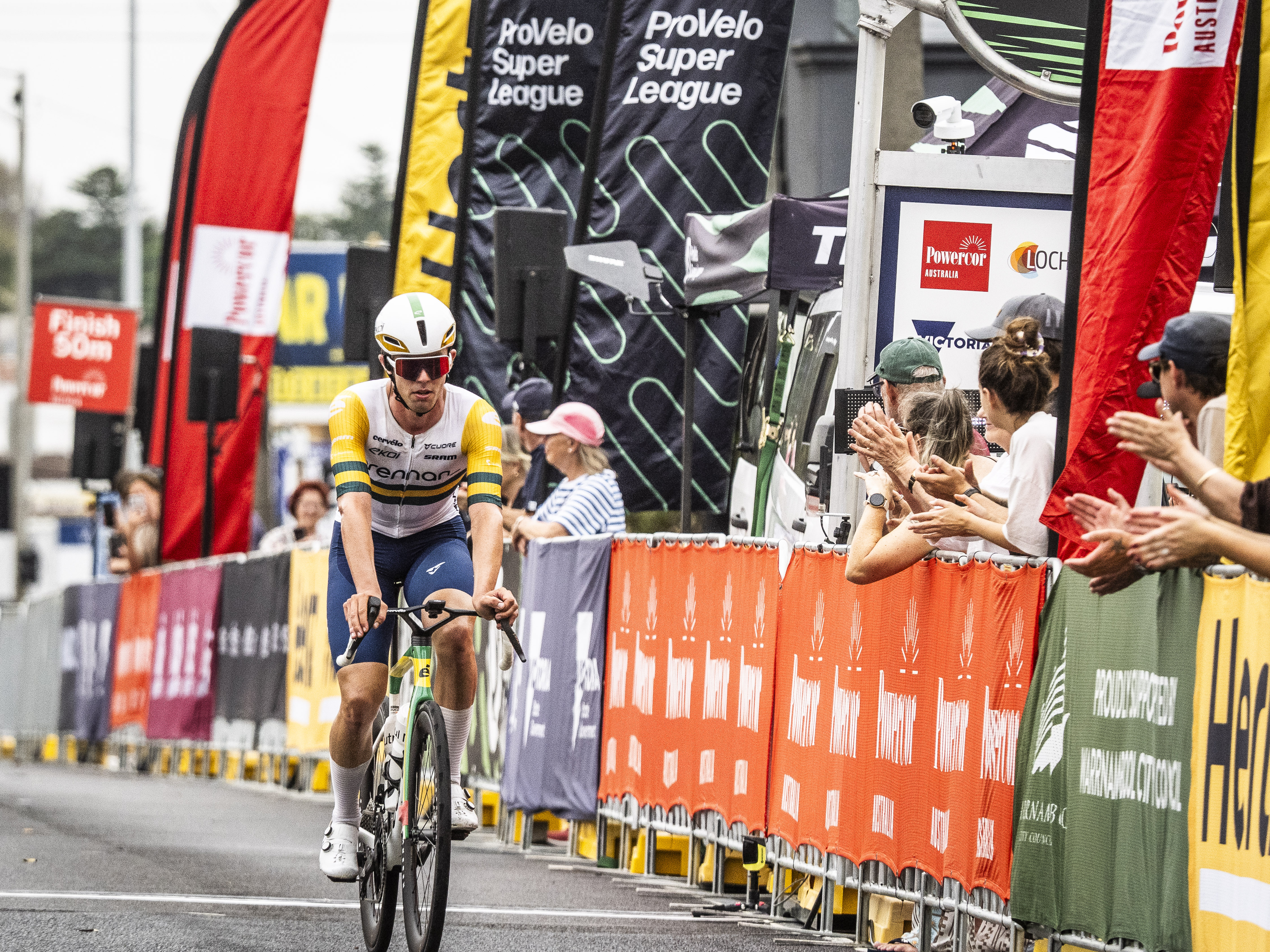Another Tour of Absences: Tour de France 1973
Does Luis Ocaña's Tour win without Merckx echo Nibali's without Froome and Contador?
The latest race content, interviews, features, reviews and expert buying guides, direct to your inbox!
You are now subscribed
Your newsletter sign-up was successful
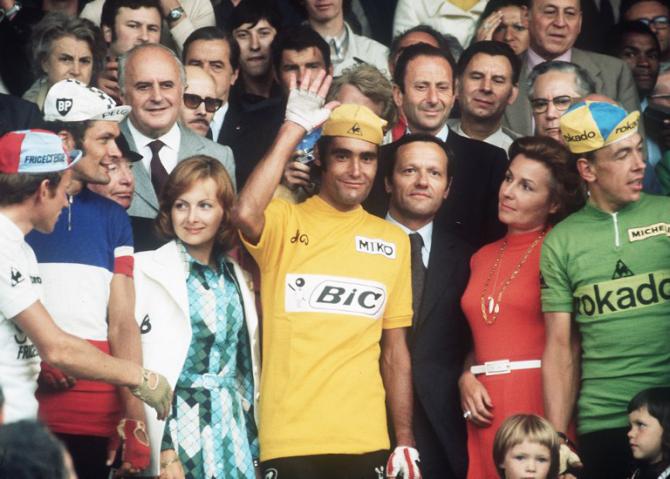
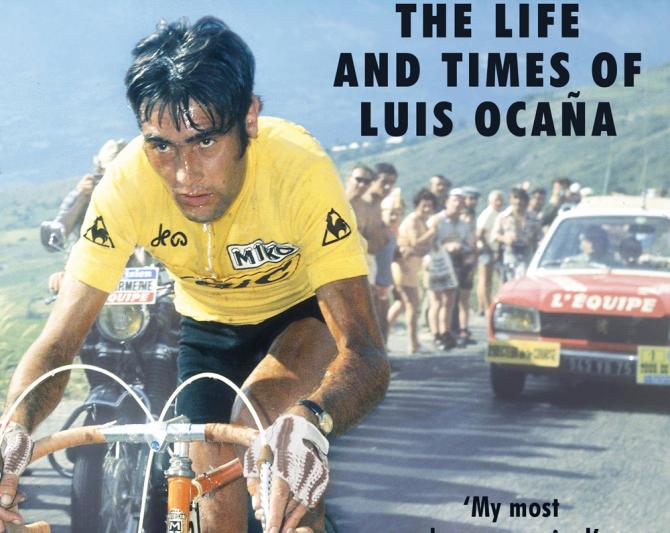
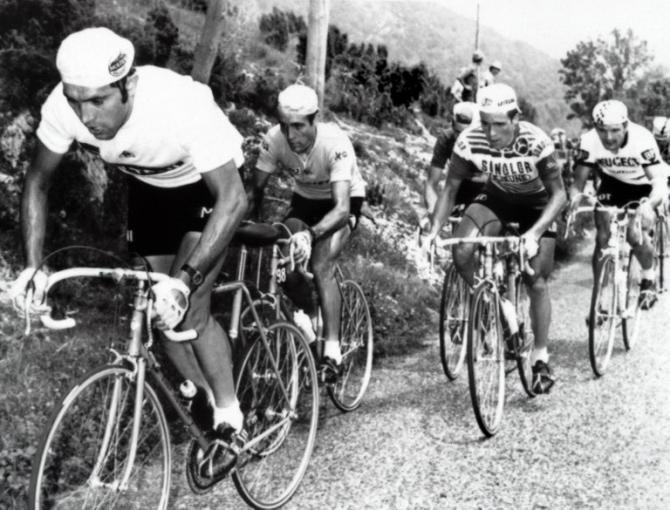
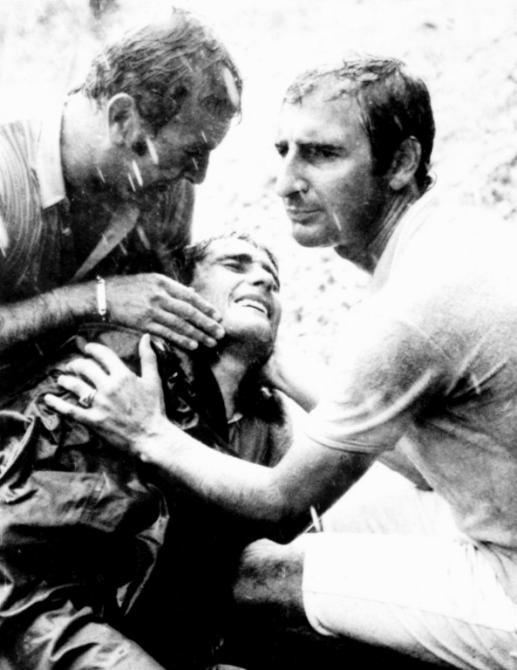
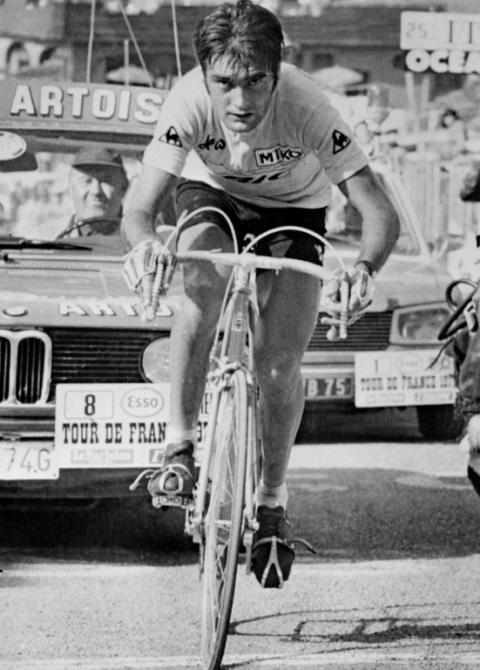
This July one seemingly constant question - constant because it is ultimately unanswerable - about the Tour de France has been: how to rate Vincenzo Nibali’s win, given both top pre-race favourites Alberto Contador and Chris Froome crashed out?
The question is all but inevitable, but it’s surely skewed - firstly because it’s asked with the considerable benefit of hindsight: what would people be saying if another surprise rival had come through to take over where Froome and Contador theoretically left off? Secondly it fails to take into account the considerable hard work, training and planning needed for Nibali to win the Tour so convincingly - regardless of who his rivals were.
How exactly Nibali’s victory ‘rates’ may yet not be resolved in 2015, given that even if he wins again, there is nothing to ensure that every top contender in 2014 will be in equally good condition. On top of that, new faces like Nairo Quintana (Movistar) will also be present.
Yet another factor further muddies the waters: Nibali did not receive a single attack that was worthy of mentioning throughout the entire Tour. His eight-minute victory margin is the biggest since the 1997 Tour de France, and he won four stages in (or just after, in Sheffield) four different mountain ranges. The battle for the overall has been so one-sided, in fact, that it made the gap left by Contador and Froome much more noticeable.
“In the absence of Froome and Contador it’s impossible to know,” Italy’s 1965 Tour de France winner Felice Gimondi told French newspaper Le Journal Du Dimanche on Sunday “if this is the start of a period of domination [by Nibali] or whether he’s reached his peak.”
In this labyrinth of ‘what ifs’ and ‘yes, buts’, cycling history doesn’t help us that much, either. It’s true that 1980 (when Bernard Hinualt abandoned with an injured knee, leaving the path open to victory for Joop Zoetemelk) or 1999 (which Armstrong won* in the absence of any previous Tour winner) had a similar sort of feel, although Armstrong’s lack of previous Grand Tour wins or podium places and his battle against cancer made the outcome seem more uncertain. So too did 1987, where there was another power vacuum given the absence of both Hinault and Greg LeMond, who’d won the Tour in previous years.
However, if we’re looking for a Tour to help shed some light on 2014, it is the Tour de France won by Luis Ocaña in 1973 is perhaps the most extreme case of a ‘Tour of Absences’, as the race that year was dubbed by the press.
The latest race content, interviews, features, reviews and expert buying guides, direct to your inbox!
In 1973 after four straight Tour wins, all time cycling great Eddy Merckx opted not to race - preferring to for a Giro d'Italia-Vuelta a España double - whilst two top Italians, reigning World Champion Marino Basso and Felice Gimondi, did not take part either, allegedly because their teams wished to retaliate because the French had not sent any top riders to the Giro in May.
And in their absence, Ocaña’s victory - his first and only one - was even more absolute that Nibali’s: he won six stages - like Nibali on multiple mountain ranges, in the Alps, Pyrennes and the Puy de Dome in the Massif Central. His final victory margin was over 15 minutes.
For two weeks, since his victory at Les Orres ahead of another Spanish star, Jose Manuel Fuente, it was clear that only total disaster would cause Ocaña to fail to reach Paris in yellow. And curiously enough, just as the stage over the Paris-Roubaix cobbles indicated that Nibali would be the man to beat, it was a mass attack spearheaded by Ocaña over the cobbles of northern France - that culminated in Reims, nearly 200 kilometres further on - which placed him in the pole position for victory.
And yet, bizarrely enough, Ocaña is not remembered for that Tour win as much as for the one he lost - in 1971, where he crashed out on the Col de Menté when he was leading the race, after inflicting the worst defeat that Eddy Merckx ever suffered in the Tour, at Orcieres-Merlette four days previously.
The problem in 1973 was that if Ocaña had been looking to silence the speculation that his victory only was so easy because of Merckx’s absence by proving his superiority time and again with one stage win after another, his strategy backfired completely. The more he won, the more boring the race became - and the more ‘what if Merckx had been there’ became one of the few debatable points available.
And the media milked that point for all it was worth - to absurd levels. When one journalist told Ocaña in a press conference that Merckx had won his first Tour in 1969 by 18 minutes over Roger Pingeon, the Spaniard replied he would try and reach the same margin. He failed, but only by two minutes.
In yet more efforts to ‘out-Merckx Merckx’ Ocaña announced in the final week - when he was cruising to Paris in yellow - that he would be following Eddy’s wheel tracks after the Tour and like the Belgian the previous winter, going for the Hour Record. This never materialised. He also attacked in the third week - and won - on the Puy de Dome at what he said was “exactly the same spot as in 1971 when my journey towards yellow began” - and where he had beaten Merckx for the first time in a stage two years before.
It got to the point where Spanish newspaper, MARCA, even re-published a bogus newspaper front cover that it had first run on 18 December the year before, as part of its wishlist for 1973. The headline? “Ocaña wins the Tour, Merckx second - time trials were decisive.” Only the first part of it was true, but that was still an indication of how much Merckx's absense was noticed.
Ocaña veered between seemingly wanting to imitate Merckx and forge his own path, saying after the race, ‘He’s a great rider and I think this year with him the Tour would have been a different race. That said, I’m in better form than I was in 1971 when I last wore yellow.”
“I have only thought about winning. The rest doesn’t worry me. If he had been here, it would have been a good fight. Merckx is Merckx, I’m me, and the important thing is to win.'"
The last phrase is a sentiment with which Vincenzo Nibali - and countless other riders who have faced such unfair comparisons across the years when they have won a race in the absence of a star - might well agree.
Alasdair Fotheringham’s biography of Luis Ocaña, 'Reckless' is published by Bloomsbury.

Alasdair Fotheringham has been reporting on cycling since 1991. He has covered every Tour de France since 1992 bar one, as well as numerous other bike races of all shapes and sizes, ranging from the Olympic Games in 2008 to the now sadly defunct Subida a Urkiola hill climb in Spain. As well as working for Cyclingnews, he has also written for The Independent, The Guardian, ProCycling, The Express and Reuters.
